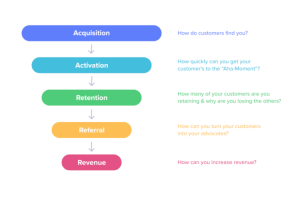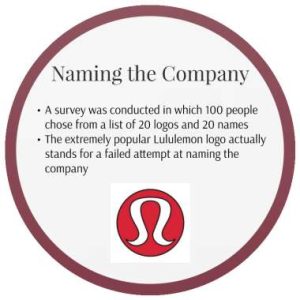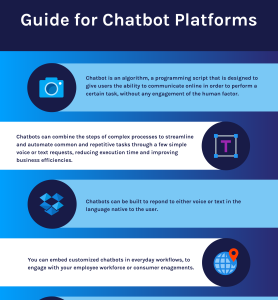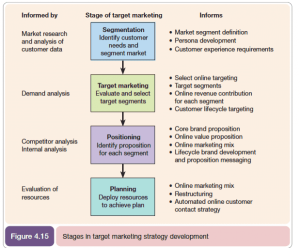Why To Update Expectations For Work: 7X3 Rule
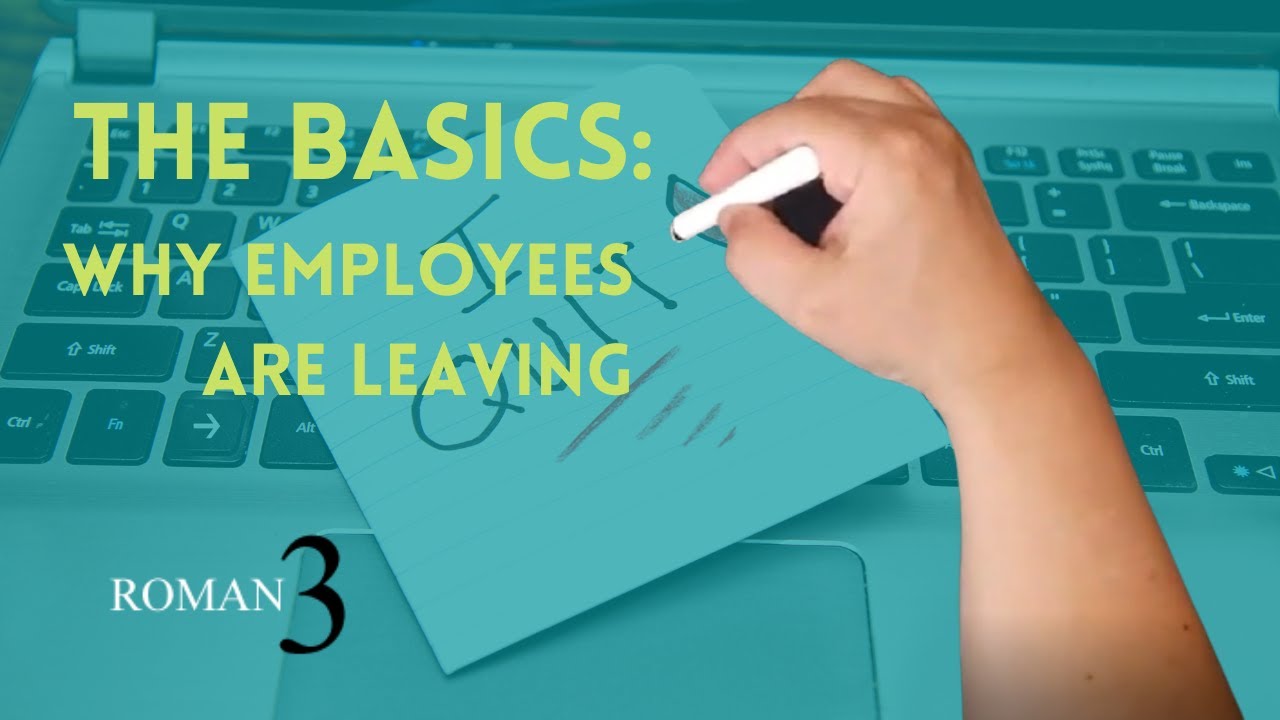
The world has changed, as has the expectations of employees and the reality of the current workforce. Over the years, many studies, reports and studies have clearly demonstrated the importance of labor force changes and the common development of enterprises and organizations. Enter the covid-19 pandemic. In 2020, the world experienced a large-scale destruction of workplace norms and changed the concept and expectation of modern labor forever.
Many people believe that this new expectation is caused by a pandemic. In some ways, this is true. The expectation of strengthening security agreements, including disinfection, flexible sick leave testing and maintaining social distance, is a new expectation for employers to respond without real advance warning. But when it comes to the vast majority of “new” expectations brought by employees after FANDEMIC, most of them are not caused by novel coronavirus. They are just magnified by it.
The breach of covid-19’s business norms has had a great impact on employees around the world.
First, how challenging, stressful and unreasonable many employees are when they first come into contact with their work.
• This recognition stems from the need to stay at home in order to avoid work stress. They can spend more time with their families. They do not need to deal with the human conflicts they experience every day, nor do they need to push their bodies and minds to the point of collapse.
• If there is no physical, psychological and emotional pressure in the workplace, some people will see how beautiful their lives are.
Secondly, many employees know that wages and benefits are insufficient to meet their needs.
• Some workers have been given a new perspective on how much pressure and risk they should cope with for relatively low income.
• Many workers commute daily, thus facing time and expense.
• Perhaps most importantly, workers face inadequate employee benefits.
Third, many employees realize that their life and work will be better without much flexibility and freedom.
• When providing more flexible working conditions, the situation is similar even without improving workplace efficiency and employee experience.
• Allow and support continuous, free workplaces such as remote work to improve productivity
These are just three understandings caused by the destruction of business norms. But this is a good example of the new perspective of employees when they look at the workshop. This new perspective has played an important role in what people call “great resignation”.
Employees now have higher expectations of their employers. If employers and enterprises fail to meet such expectations, some employees may resign, others may become powerless, and many people may think of another way. For employers, this means that if you cannot meet the expectations of employees, there will be greater challenges in recruiting, hiring and maintaining employees.
In short, one of the main impacts of covid-19 is that people carefully examine their lives and realize that they are not satisfied with their work. This kind of job dissatisfaction causes employees to lose motivation, dissatisfaction, explore their options, and quit their jobs.
This reaction is not only understandable, but also predictable. Even in this situation, employees have the opportunity to see their own life and work without daily pressure and prejudice. They saw the forest through the forest and had the opportunity to reflect on their situation. This new perspective makes many people unable to return to work or refuse to tolerate the factors in work. Many employers and enterprises believe that they are unwilling to work if they do not accept the normal working factors(such as wages and job security) before novel coronavirus. Business circles around the world strongly oppose that employees do not want to work any more, and the blockade is shocking. In fact, it is not that most employees are unwilling to work, but are unwilling to work for enterprises that do not provide fair treatment or sufficient success.
The reality is that workers want their work to provide competitive welfare, career security, career conditions, etc. for their region or industry. In addition to salary, safety and health assistance, they can also meet their requirements. They expect fair policies, tasks and returns.
In this new normal state, employees have three expectations:
• Competitiveness
• Adequate
• Impartiality
These expectations are a way for employees to evaluate the following seven factors:
• Health
• Conditions
• Strategy
• Rewards
• Business assurance
• Security
• Consistency
If these seven factors are not properly addressed, it will lead to business dissatisfaction. The impact on us is the cause of employee frustration.
When the seven factors causing dissatisfaction are solved through three expectations, successful adjustment is the so-called 7X3 rule. This happens when an enterprise tries to solve the factors such as salary, safety, health and policy, so that it has similar business and competitiveness with the region or industry where it is located, fully realizes its goals, meets the needs of its employees, and is fair, equitable and accessible to everyone. This is how you change jobs and solve many problems faced by our employees.
The 7X3 rule is defined when the employee solves seven unsatisfied problems in work according to three expectations. This is where we should start to integrate it into our common language. Especially when we talk about working conditions, the reasons for employee turnover and the new reality we are in.
employer. Grab the straw. Do you meet such expectations in your work?
I need health support that meets employee needs. Did you get the time needed to charge and recover? Are these leaves and holidays enough to feed them? Or is your health plan primarily about the company’s annual picnic and the treadmill in the lounge?
Is there any unspoken rule in your leave policy to encourage employees to ask for leave or punish them if they ask for leave? Do your action
Does the policy actually address and prevent harassment, or just quell complaints?
Is your job really safe for your employees? For many front-line staff, the requirements for masks and vaccination law enforcement authorities are now facing angry customers. Compared with similar things, do they think they are as safe as in your company?
We all need to re-examine the modern workshop. The 7X3 regular lens is a good starting point. In most cases, employees want to work and employers want them to do their best. But the arrangements we have reached in the past are not enough.
The 7X3 rule is a way to update the understanding of the workshop on the new life and prepare for the robust growth in the new reality of the workshop.

